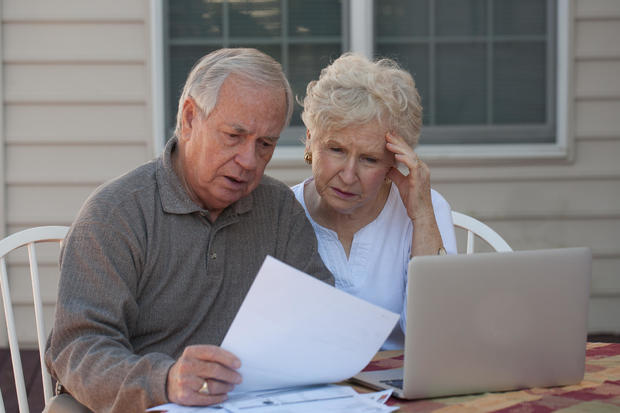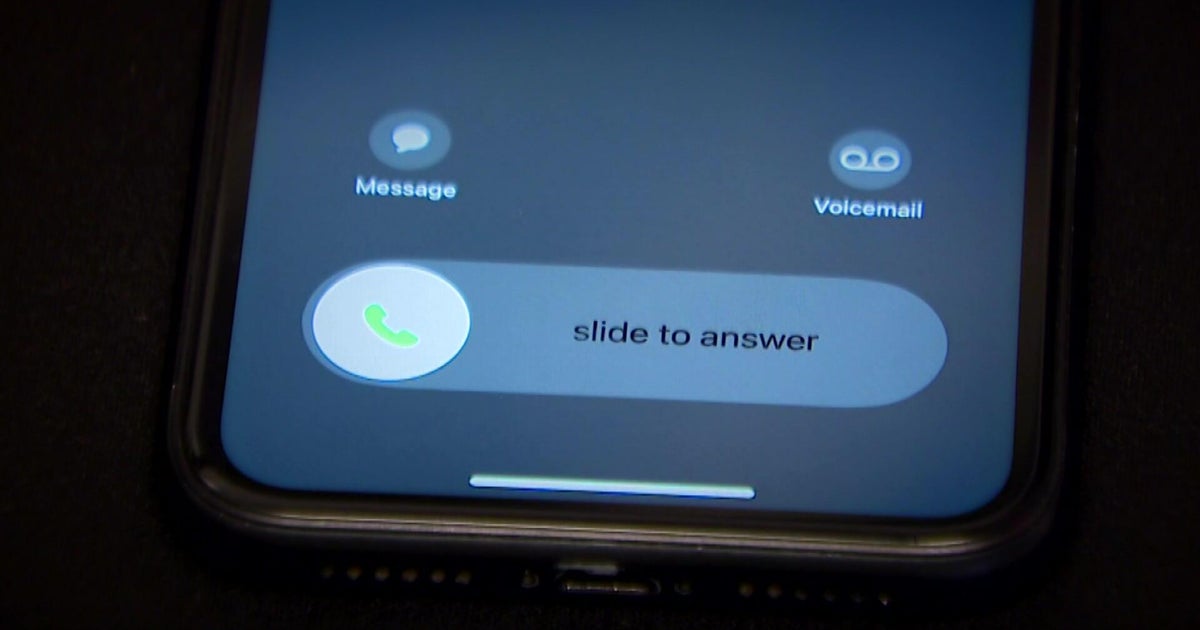Reverse mortgage red flags seniors should know
Reverse mortgages can be a great way for seniors to access the equity in their homes to generate retirement income or cover expenses like medical bills. Unfortunately, they've also become a prime target for scammers, who are eager to take advantage of this product's popularity to exploit older homeowners.
To protect yourself from potential fraud, it's vital to know what to look for when evaluating a reverse mortgage offer. By knowing some of the common red flags, you can arm yourself against scammers and better identify legitimate offers.
Start your reverse mortgage search here and compare lenders.
Reverse mortgage red flags seniors should know
Keep an eye out for the following signs of a potential reverse mortgage scam.
Unsolicited offers
If you receive an unsolicited call, email or letter offering a reverse mortgage, be suspicious. Reputable reverse mortgage lenders won't contact you with an offer for a reverse mortgage without you having requested the information.
Do not give out any personal information, such as Social Security numbers or financial account numbers, to anyone who contacts you without your permission.
Learn more about your reverse mortgage options here.
Pushy sales tactics
One of the biggest signs of a reverse mortgage scam is when the salesperson uses high-pressure tactics to rush you into signing a contract.
Scammers use high-pressure tactics to push you into a quick decision without giving you time to fully understand the implications. Legitimate reverse mortgage lenders should give you ample time to review and understand the terms of the loan.
Be wary of anyone who tries to rush you into making a decision or who promotes a time-sensitive opportunity you'll miss if you don't act quickly. Legitimate businesses do not press customers, especially seniors, to sign a legally binding agreement before they're ready to.
Upfront fees or unexplained costs
Before signing any contract, make sure you understand all the costs involved, including interest rates, fees and any other charges. A legitimate reverse mortgage lender will provide you with a list of all the costs you will incur, including an estimate of closing costs. If a lender won't disclose these costs, it's a sign of a scam.
In addition, a reverse mortgage lender should never ask for upfront fees, other than the cost of a required home appraisal. If your lender asks for upfront payment for application fees, counseling fees or other costs, they're likely a scammer.
Too-good-to-be-true promises
Watch out for salespeople offering a "money-back guarantee," claiming you'll never have to repay your reverse mortgage or saying they have a "special" program like a VA reverse mortgage (the VA does not offer reverse mortgages).
To protect yourself from false claims, take the time to understand how reverse mortgages work so you can spot suspicious claims. As the adage goes, if something sounds too good to be true, it probably is.
The bottom line
One of the best ways to avoid a reverse mortgage scam is to thoroughly vet any lender you're thinking of working with. Check with the National Reverse Mortgage Lenders Association and Better Business Bureau to ensure it has the required licenses and registrations. Read customer reviews and ratings to learn what other homeowners think of the lender.
Most importantly, take the time to fully understand your options, and don't hesitate to consult a financial advisor for guidance. Your home is too valuable to risk losing to a scam.




